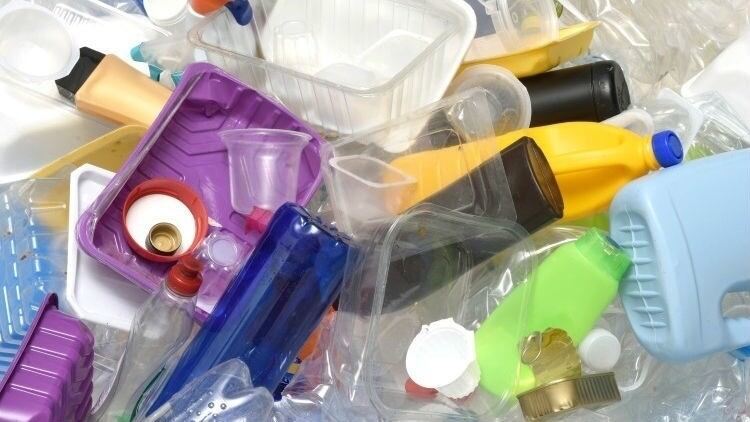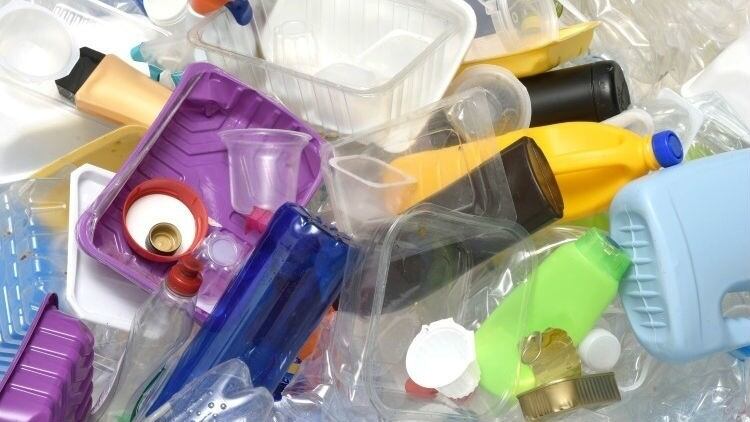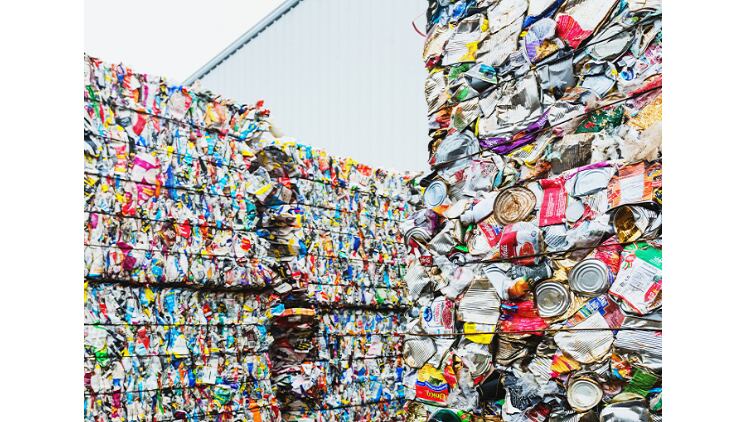The agency was tasked with this by India’s National Green Tribunal (NGT), with a bench headed by NGT chairperson Justice Adarsh Kumar Goel, and comprising representatives from FSSAI, the Bureau of Indian Standards, the Central Pollution Control Board, and the Directorate General of Health Services.
“The nodal agency for coordination will be the FSSAI. The committee will be at liberty to co-opt any other expert/institute or individual and furnish its report to this tribunal within three months by e-mail,” said NGT in the official order document on LiveLaw.
The bench issued this order after hearing a petition filed by non-governmental organization (NGO) Him Jagriti Uttaranchal Welfare Society, which was seeking a ban on use of plastic bottles and multi-layered plastic packages for food and beverage items.
According to the NGO, these packages were harmful to human health in the long run, especially due to chemical leaching.
“[The regulations governing the use of plastic packaging] are inadequate [firstly] because there is no specific testing protocol for the specific migration testing of antimony and [plasticizer compound] di-2-ethylhexyl phthalate (DEHP),” said the NGO.
“[In addition], the [current rules for plastic waste] are limited for restrictions of plastic ‘bags’ only. It does not cover plastic packaging [in-depth], especially PET bottles.”
The order further said that the Ministry of Environment, Forests and Climate Change (MoEF&CC) had also found the current plastic waste regulations to be ‘deficient’.
“[In all], the Packaging and Labelling Regulations, 2018 under the Food Safety and Standards Act, 2006 do not deal with the issue in entirety and are not adequate to deal with the problem,” stated the order.
The next hearing for the matter has been set for October 14 2019.
India’s Packaging and Labelling Regulations, 2018
The country’s Packaging and Labelling Regulations, 2018 were announced earlier in January this year.
According to the official FSSAI statement on the matter, the regulations will cover general and specific packaging material requirements as well as overall migration and specific migration limits of contaminants for plastic packaging materials.
“[The] packaging materials used for packing or storing the food products shall conform to the Indian Standards provided in the schedules,” it added.
According to the National Law review: “[These standards refer to] the Indian Standards (IS) listed in Schedules I, II, and III that apply for paper and paperboard materials, metal and metal alloys, and plastic materials, respectively.”
Basically, the gist of the regulations says that ‘unsafe’ materials such as newspapers and recycled plastics may not be used to wrap food.
The date of enforcement for this has been set for July 1 2019, but given FSSAI’s recent multitude of delays in new regulatory implementation, it remains to be seen whether this will come to pass on the expected date.





